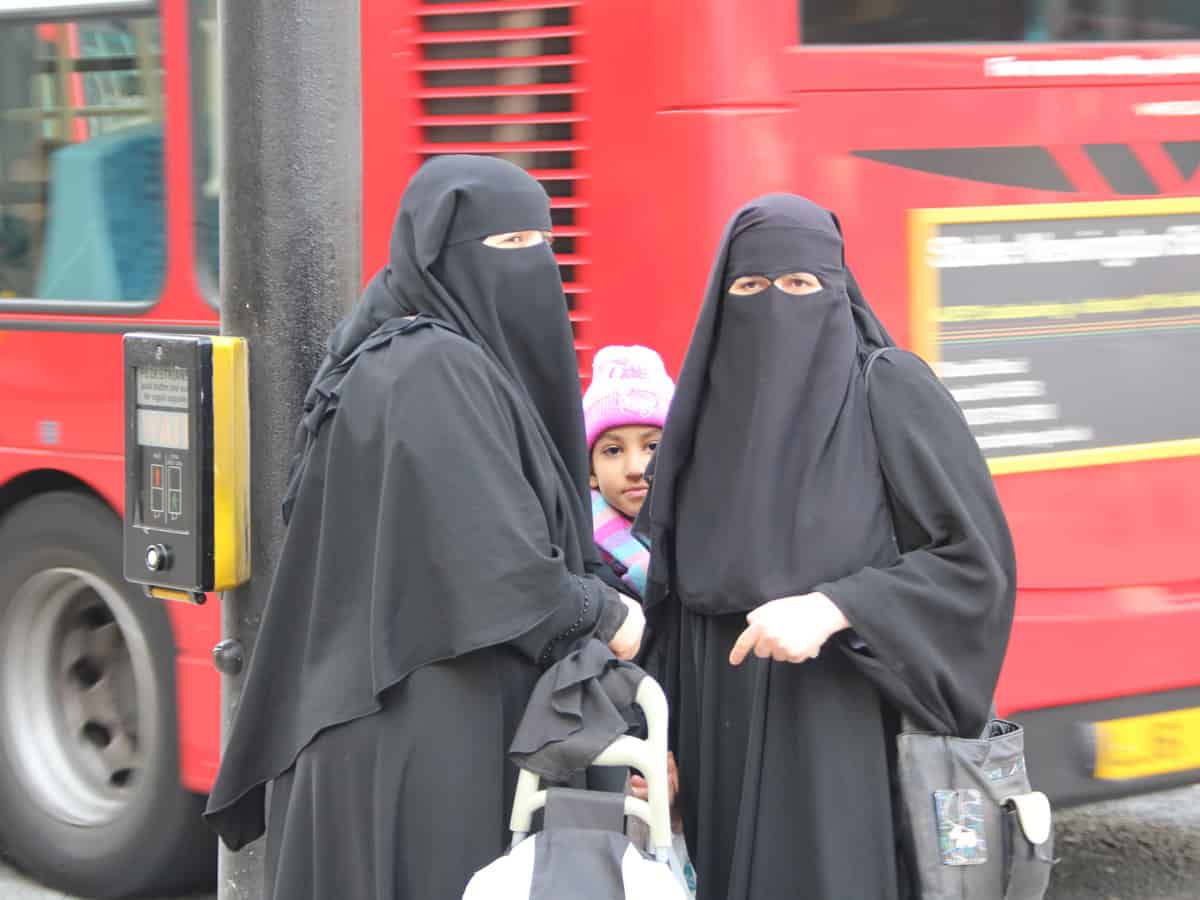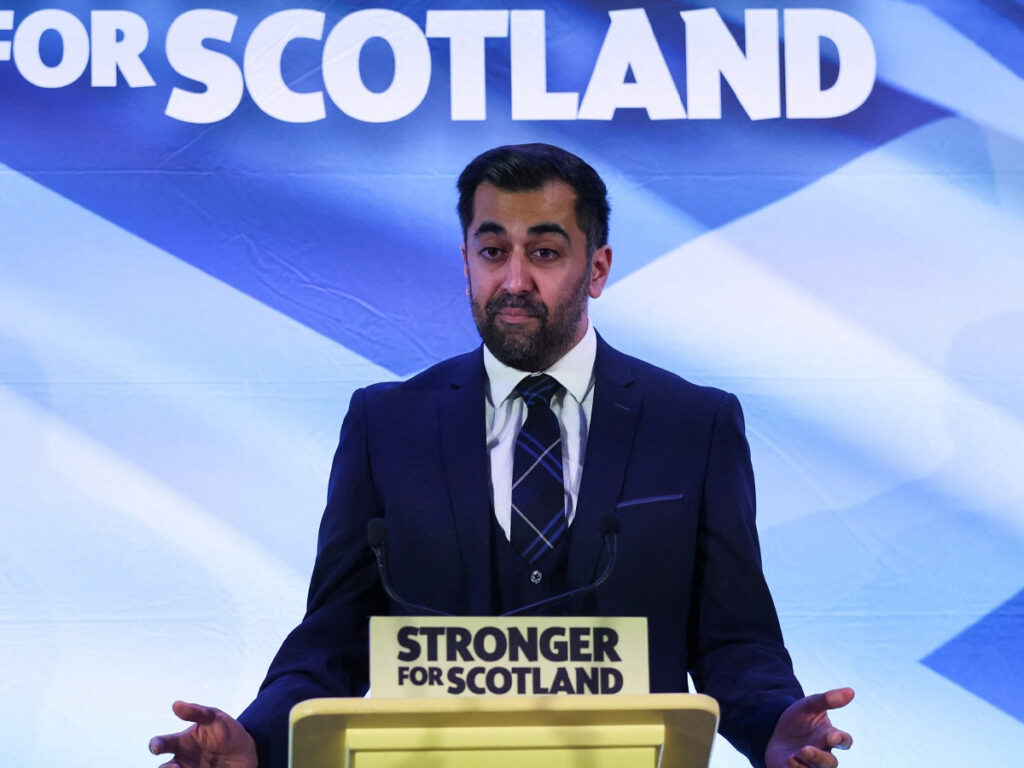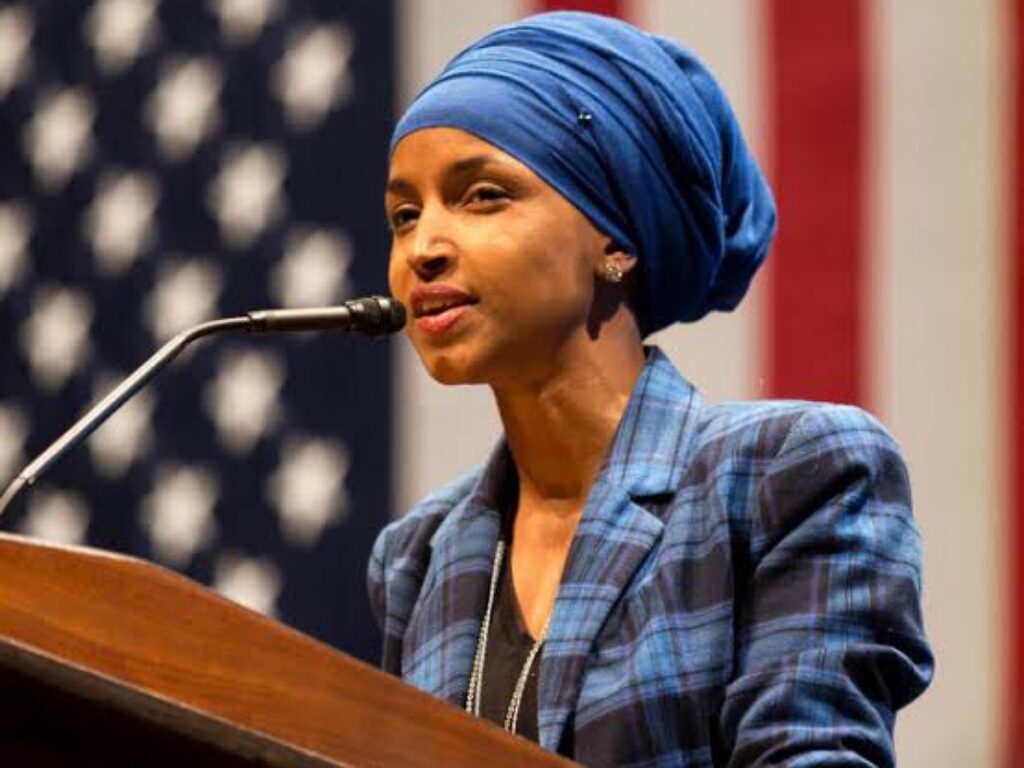
Hyderabad: The world is at its wit’s end and worried too. Justifiably so.
Despite efforts to target and suppress Islam and its followers, both are growing exponentially. Particularly in Europe, more and more Muslims are taking up public spaces. Their social clout and political influence are on the rise, although it is way behind their numbers. They also have representation in Parliament though not in proportion to their population. The bottom line is: Muslims are very much a part of the West and a force to reckon with.

Scotland’s Hamza Haroon Yousaf, Somali American, Ilhan Omer, Netherlands’ Ahmed Aboutaleb, Pakistani descent Sadiq Khan. Do these names ring a bell? Well, they are all Muslims and have made a mark in world politics on the sheer strength of their merit. They hail from different countries and backgrounds but what is common among them is exemplary leadership skills, resilience, an optimistic attitude, and a never-say-die spirit.

Though they can be counted on fingers, Muslims are slowly getting noticed in the European political scene and are in a position of authority in different spheres of life. The recent event of a Scottish Muslim priest blessing King Charles and Queen Camilla tells it all. Dr. Sayed Razawi, Chief Imam and Director General of the Scotland Ahlul Bayt Society, is perhaps the first non-Christian in British history to bless the king in a prayer meeting. Sending benedictions on the royal couple, he prayed that the King and Queen will be empowered by God with his wisdom.
This is not withstanding the anti-Muslim prejudice, ideological conflicts and negative stereotyping of Muslims in the media. Even as skeptics cry hoarse, there is widespread participation and integration of Muslims in European life. On their part the Muslims have become more organized and are learning to live in a plural society as a minority community. In countries like Britain, Germany and France a good number of them are successful entrepreneurs and professionals – enjoying social clout. Most of them are politically active too as they are getting elected to local, regional and national political bodies.
Before the rise of the West, Muslims were the torchbearers of knowledge for a thousand years. Science, mathematics, astronomy, medicine, philosophy and arts flourished in their domain. If the European renaissance started in Spain the credit should go to the works of Muslim scholars and intellectuals. But they fell behind and lost this preeminent position due to lack of vision among the ruling elite. This is a story by itself. “However, with the dawn of the 21st century, there is a troubled awakening, a tempestuous assertion, a search for a soul, and the beginning of the quintessential quest”, writes M. Jamal Haider, an academic researcher, in his book – In the Name of the Lord.
Post 9/11 there is an eagerness among Muslims both in the US and Europe to assert their ‘Islamic identity’. More and more women are now taking to wearing headscarves while men are seen donning skull caps and beards. They are also now more regular in their mosque attendance notwithstanding pressure to conform to Western values. This is not all. Many European streets now have shops with signboards in Arabic and Eastern languages. But many feel in the decades to come the Western values might erode traditional Muslim beliefs.
Changing landscape in Europe
The 20th century saw the European landscape changing as Muslims with robust birth rates started immigrating. From Turkey to Germany, from North Africa to France, from Indonesia to Holland and from the Asian subcontinent to Britain millions of Muslims have shifted. In recent years asylum seekers, mostly Muslim, have migrated from the war torn Syria, Iraq, Palestine and other predominantly Muslim countries to Europe. The civil war in Somalia also forced a good number of Muslims there to flee to Holland and Scandinavia. Some of them have made a second migration to the United Kingdom.
According to a report from the Pew Research Centre, a nonpartisan fact tank Muslim share of the population throughout Europe has grown about one percentage point a decade – from 4 percent in 1990 to 6 percent in 2010. And this pattern is expected to continue. By 2030 Muslims are projected to make up 8 percent of Europe’s population. Estimates show that there were 44 million Muslims in Europe in 2010. They now account for 10 percent of the French population, the largest in the Western world. Other European countries with a significant Muslim population are Germany (5.4 percent), Netherlands (5%), Belgium (4.0%) and Sweden (2.3 percent). Even if migration is completely stopped in the future, which is unlikely, Muslim population is still expected to grow due to high fertility rates among the current Muslim residents of Europe.
With their migration, religious and cultural differences have come to the fore. The question of living together has become a challenge in some countries. Jonathan Sacks, the Chief Rabbi of the United Kingdom sees it differently. In his book, The Dignity of Difference, he bats for reconciling hatreds. The difference, he says, is not something to be feared but to be welcomed.
Many wonder whether Libyan leader Muammar Gadhafi’s prediction will come true. He had remarked famously that “Allah will grant Islam victory in Europe without swords, without guns, and without conquest and turn it into a Muslim continent within a few decades.”
Given the demographic shifts, there is no need to take this statement with a pinch of salt. Islam is the fastest-growing religion in Europe. And so are its followers.
